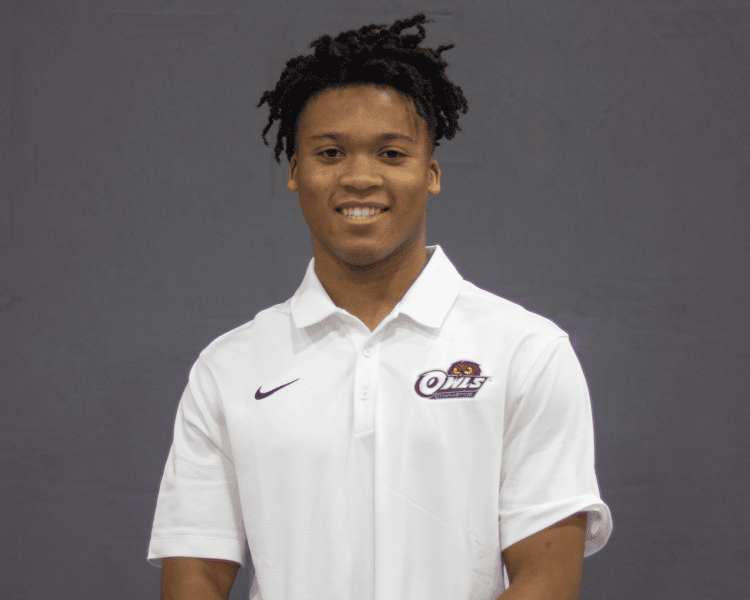Cultural Fieldwork Initiative Intern: Blake Hazell
Helping Students Look for Frontiers
Upon entering into my Monday night Methods and Materials in Secondary Social Studies class at Temple University, I was immediately elated to be in a course that catered towards my future career as a high school history teacher. Our instructor promptly shared with me and my classmates that we would each be assigned to work in a cultural institution in the Philadelphia region and work with National History Day, an event I had never heard of before. I was assigned to the Library Company of Philadelphia, a special collections library located in the heart of Philadelphia.
Remaining consistent with this year’s National History Day theme, “Frontiers,” I was tasked with exploring the Library Company of Philadelphia’s African American History Collection and choosing sources relating to the topic of Frontiers. Ideas immediately began to flood my mind as I began my research and I quickly realized that I was unable to choose just one. Therefore, in the end, I decided upon two main Frontiers in African American History: the narratives of enslaved individuals and education. By searching through the library’s catalogs , WolfPAC, Islandora, and online exhibitions, I was able to discover the stories of dozens of formerly enslaved men and women, as well as photos and documents depicting the African American educational experiences. The sources I came across were available both physically and digitally, and I had the opportunity to handle these priceless documents. Upon analysis of each item, I curated several discussion/reflection questions geared towards students who will be interacting with my findings for their own National History Day project.
Keeping my audience in mind, I made sure my discussion/reflection questions were appropriate for the students who would be responding to them. I did this by posing 3 to 4 questions that called upon prior knowledge, current academic curriculum, and encouraged critical thinking skills.
The final part of my work was creating a website that displays my findings and discussion questions in order for students to use them as a resource when considering their own Frontier and National History Day project. My work here reinforced a lot of ideas that both my history and education instructors have expressed to me. For example, because I was working extensively with primary sources, I furthered my ability to evaluate them by looking for themes, biases, and intended audiences. I was also able to contextualize them, due to additional research I conducted with the library’s resources.
This experience has been incredibly fruitful to my education as a student of history and a teacher of history because it demonstrated the importance of interacting with material that directly affected the lives of our predecessors in order to increase learning and engagement. I would like to express my gratitude to the wonderful Jasmine Smith, and the entire library staff for all of their support and guidance throughout my experience here.



